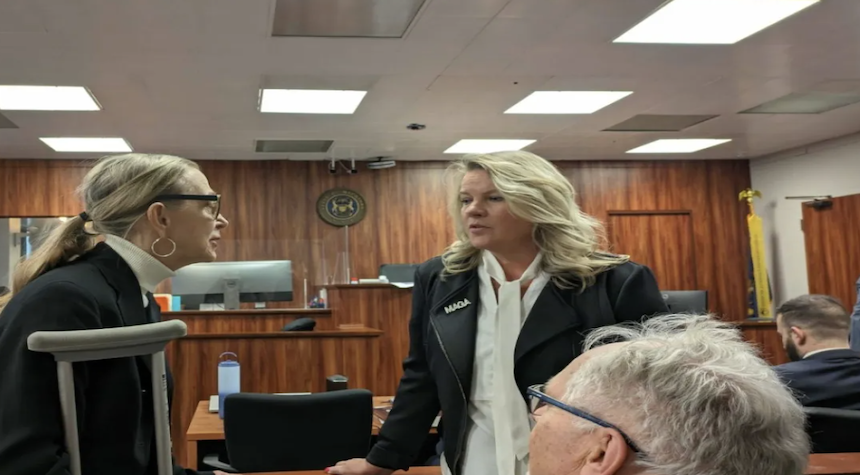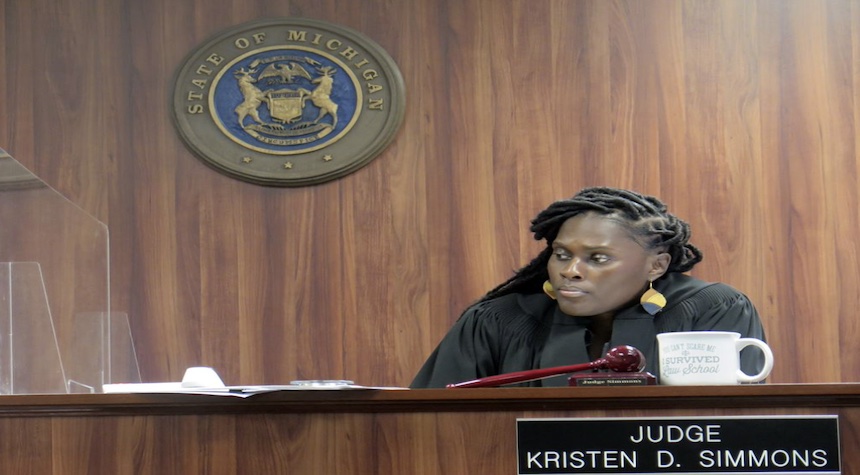A Michigan judge on Tuesday dismissed all charges against a group of Republicans who claimed to be presidential electors for former President Donald Trump in the 2020 election, ruling that prosecutors had not presented sufficient evidence to show the defendants intended to defraud anyone.
The ruling is a legal victory for Trump and his allies and represents a setback for Michigan Attorney General Dana Nessel, a Democrat, who brought the case. It also complicates ongoing efforts to hold individuals accountable for actions related to the 2020 election.
“This is a fraud case, and [you] have to prove intent,” 54-A District Court Judge Kristen Simmons said. “I don’t believe that there’s evidence sufficient to prove intent.”
You May Also Like: Supreme Court Clears Way for Trump’s Controversial Immigration Raids
In July 2023, Nessel charged 16 Republicans with multiple felony counts, including forgery, conspiracy to commit forgery, and election law forgery. Prosecutors alleged that the group signed documents falsely claiming to be Michigan’s official electors for Trump, even though former President Joe Biden won the state.

In the weeks following the election, Trump supporters in Michigan and other battleground states signed paperwork asserting they were legitimate electors. These documents were sent to the National Archives and cited in efforts to challenge the official certification of Biden’s victory. The actions became part of the broader movement that contributed to the Jan. 6, 2021, attack on the U.S. Capitol.
One defendant, James Renner, reached a cooperation agreement with prosecutors in 2023, resulting in his charges being dropped. The remaining 15 defendants pleaded not guilty, and their cases proceeded through multiple hearings before Tuesday’s dismissal.
Judge Simmons concluded that the defendants “seriously believed” they were acting within their rights, even if their understanding was mistaken.
The Michigan case was among several brought by state prosecutors against Republicans involved in the so-called fake elector scheme. Similar investigations in Georgia, Arizona, Nevada, and Wisconsin have faced legal hurdles and procedural delays, with varying results.


